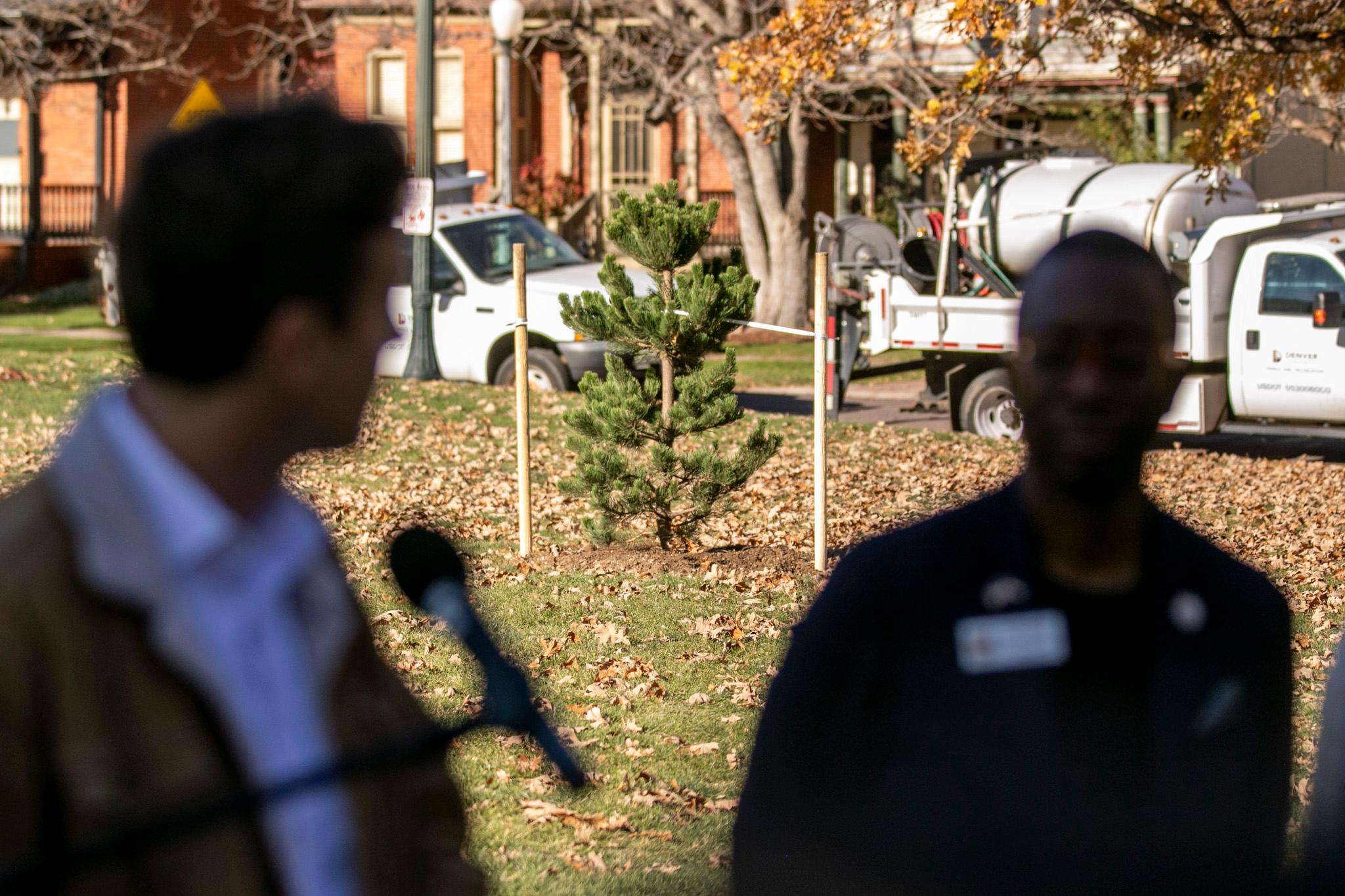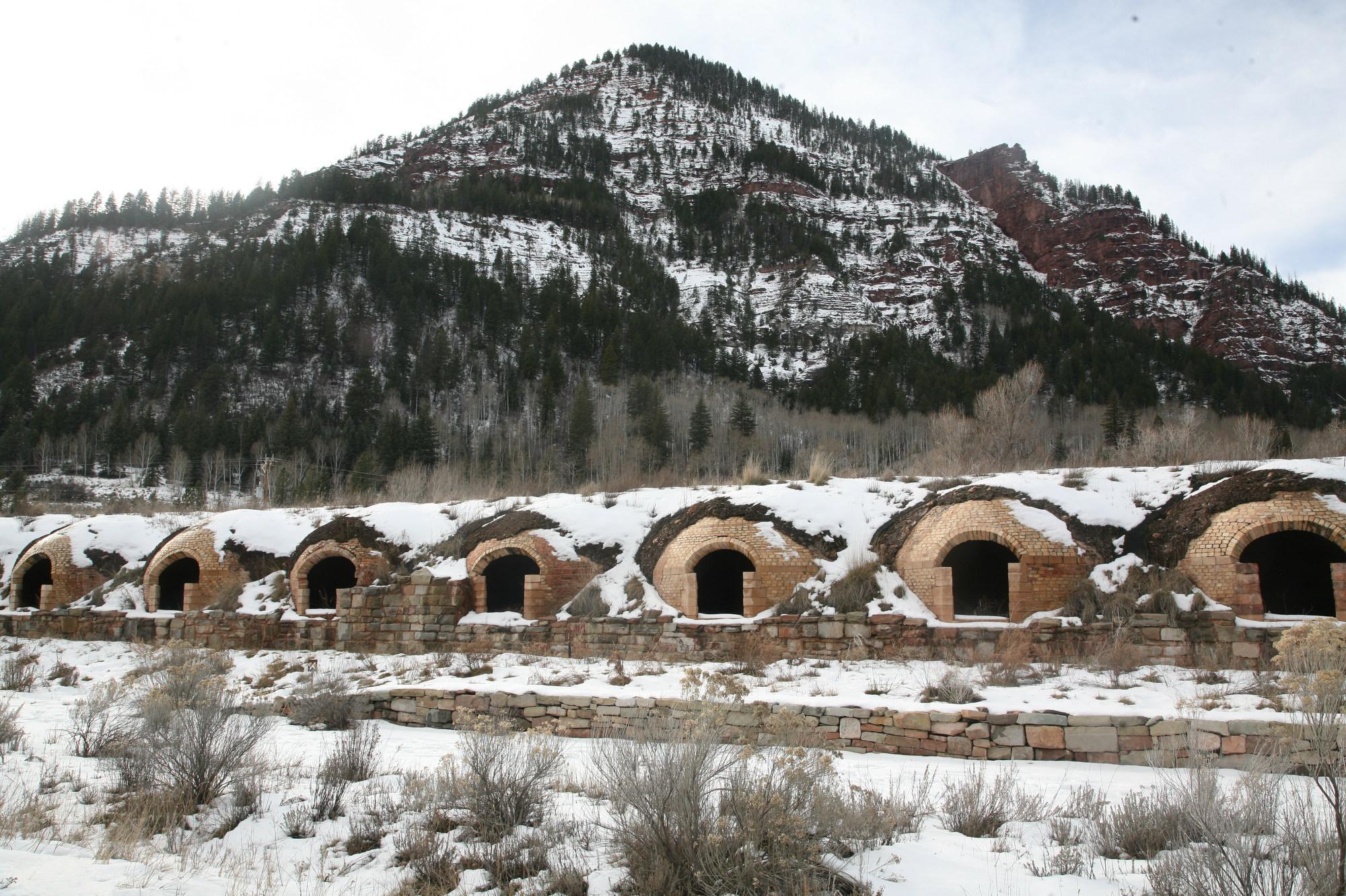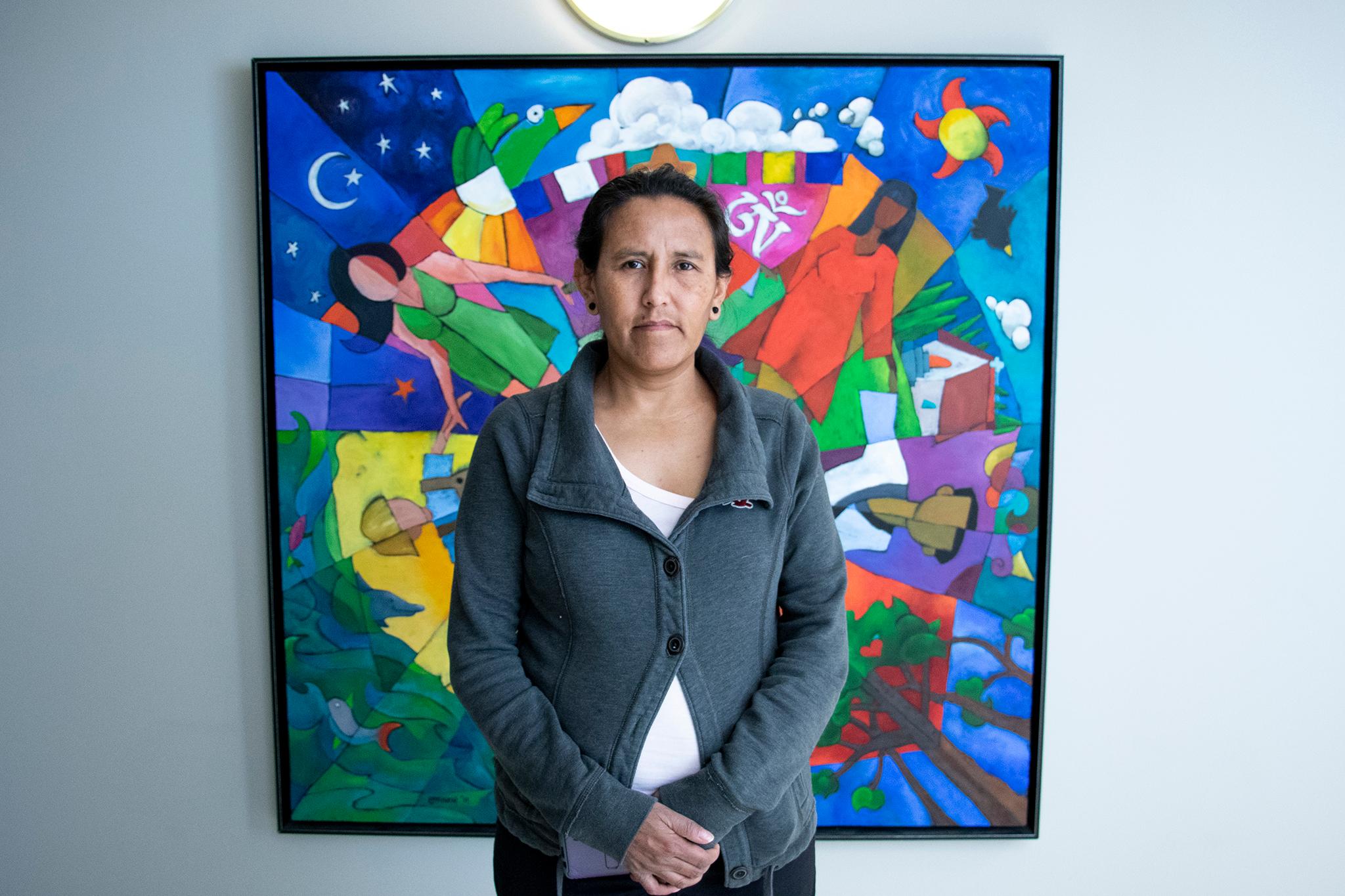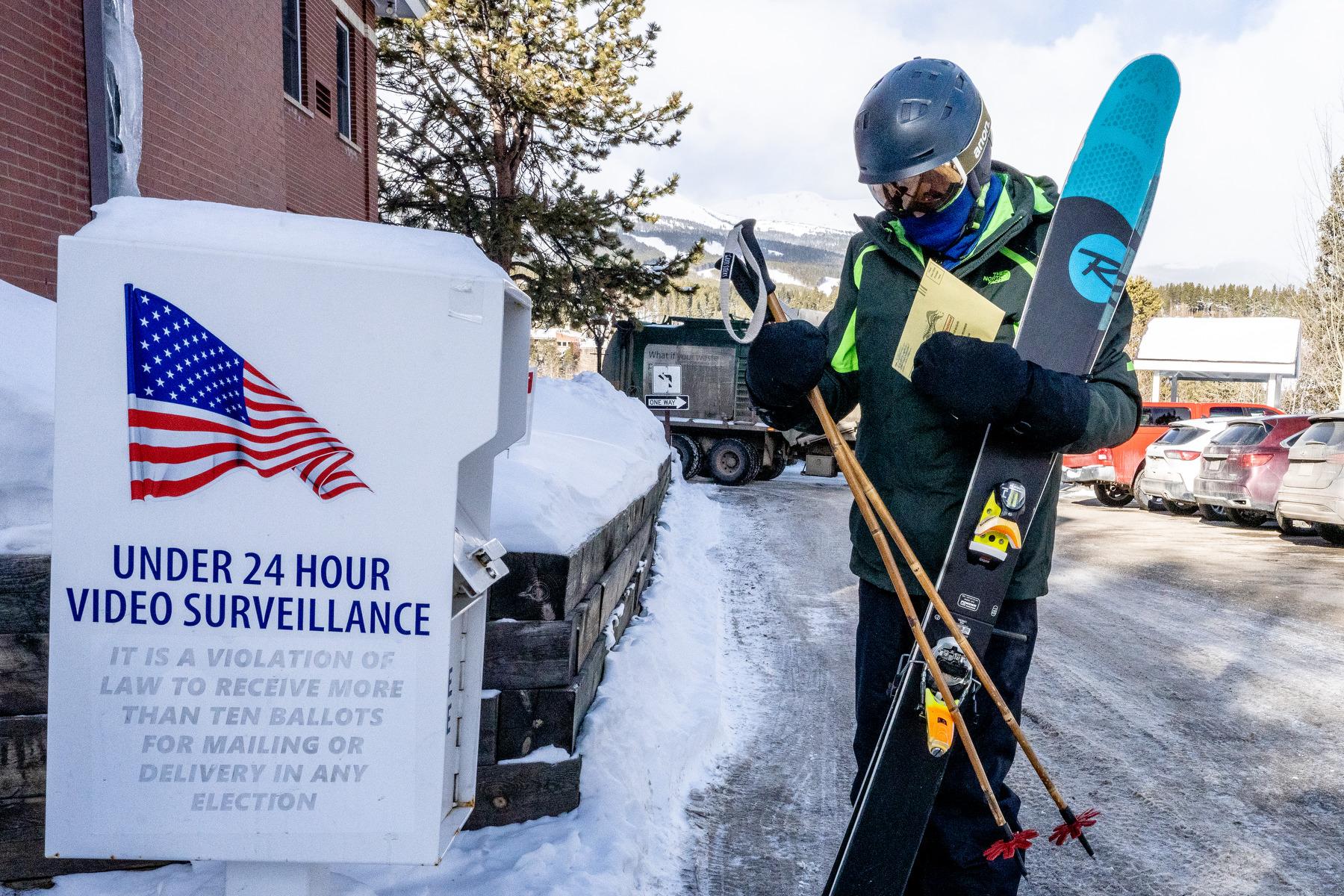
As the election draws nearer, Coloradans have a lot of questions about voting — about how the process works, and also, what protections are there to ensure ineligible people aren’t casting ballots.
So this question that hit the Colorado Wonders inbox is quite timely: What does Colorado do to make sure dead people and non-citizens aren’t voting?
Weld County Clerk and Recorder Carly Koppes has been fielding versions of these questions since she first started working in the office in 2004. The Republican, who was first elected Clerk in 2014, is on her 6th presidential cycle.
“This isn’t the first presidential election that we’ve got a lot of voters asking, ‘What about the illegals?’” she said.
Despite no widespread evidence of voter fraud in the 2020 election, an NPR poll shows that a majority of Americans are concerned that there will be fraud this time around, in large part due to former President Donald Trump’s false statements. A majority of respondents in that survey said they believe noncitizens will be able to vote in the upcoming presidential election.
Several audits, investigations and studies confirmed the results of the 2020 election, which President Joe Biden won.
The checks to ensure only eligible voters end up on the voter rolls start with the first question asked of anyone registering to vote in Colorado.
“On the form, it says, ‘Are you a citizen of the United States? Yes or No?” Koppes said, pointing to a printed copy of Colorado’s official voter registration form. Next to the question, the document says, “If you answered No, do not complete this form.”
“So, it’s a self-affirmation. We are hoping that you are answering that question correctly,” Koppes explained. But “when we start registering you to vote in the voter registration system, we do verify and check.”

In other words: trust, but verify.
Clerks and the Secretary of State’s office rely on a long list of databases to ensure their voter lists are clean, something even the right-wing Heritage Foundation agrees Colorado does a good job on; it ranked the state third in the nation for accuracy of voter registration lists.
When it comes to preventing non-citizens in particular from voting, the verification process starts with two other pieces of information on that form – your drivers’ license number or, if you don’t have that, the last four of your Social Security number.
By double-checking those, “we will be able to know if it is a valid U.S. citizen-issued Colorado ID or driver’s license or Social Security number,” Koppes said.
While Colorado is a state that allows non-citizens, including people without legal status, to get a driver’s license, there are guard rails in place for them.
“There’s a nice big old black bar that’s actually put onto those issued IDs that clearly states this is not used for federal identification or voting purposes,” she explained. “Because they’re already flagged within the Department of Revenue system if they do try to get used as a voter registration when we hit that system, it’s going to go ‘nope’ and (that) stops it right there.”
Koppes said with all these different checks and verifications, it’s exceedingly rare for a non-citizen to get onto a voter list. And if a non-citizen does actually manage to vote, the consequences can be severe: a fine, jail time and deportation.
“I’ve known people and I’ve grown up with some people who have not been U.S. citizens and the last thing that they want to do is put that ability to eventually become a U.S. citizen in jeopardy,” Koppes said.
It might not sound sexy, but voter list maintenance is a big part of the job of clerks and the Secretary of State’s office. The databases they turn to don’t just allow officials to check for noncitizens and keep track of deaths, there are many, many more that help clerks, such as ensuring people aren’t voting in two locations and spotting when people move out of state.
This work does not just happen in the months leading up to an election, but year-round.
“We update our voter lists daily using information about driver's license and address updates from the Colorado Department of Revenue. And (we get) incarceration updates from the Colorado Department of Corrections,” explained Democratic Secretary of State Jena Griswold (Colorado bans people from voting while they’re serving a felony sentence).
The state also gets federal information from the SAVE database to see if someone previously issued a non-citizen driver’s license has obtained their citizenship and is now eligible to vote.
As for dead people voting, Griswold quipped, “A dead person is dead.”
“But in all seriousness,” she went on, “we get information when Coloradans pass away from two spots … the Department of Public Health and Environment and also the Social Security Administration.”
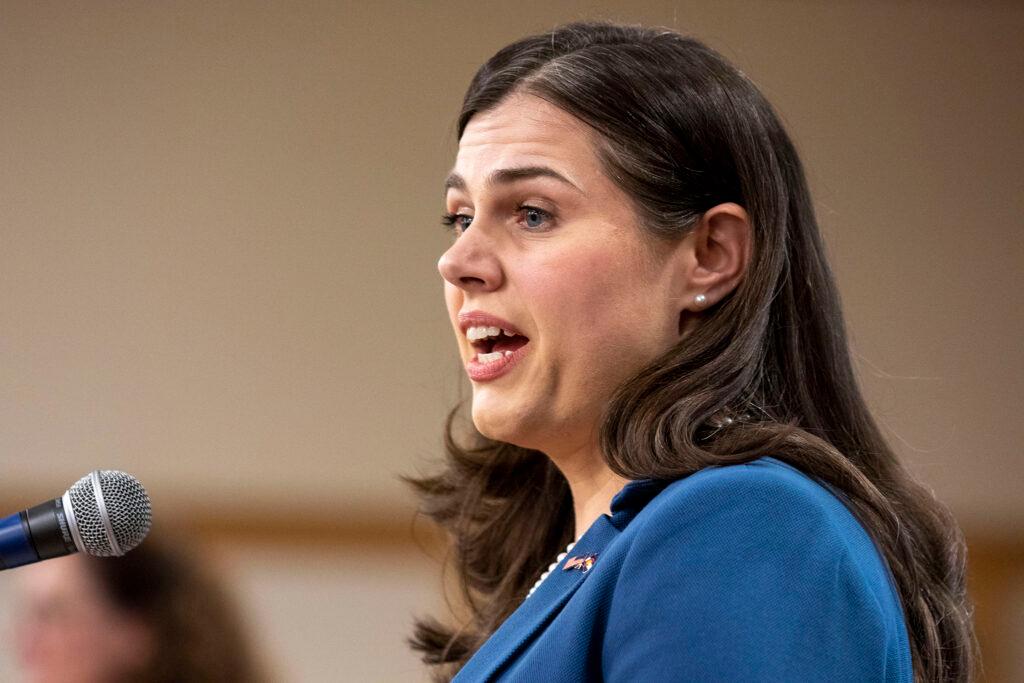
Clerk Koppes said the Social Security list is aptly named the Death List.
“When I worked in the elections department every day doing data entry, I would always make the joke, I see dead people,” she said, citing the film “The Sixth Sense.”
And like the movie, the issue of dead people voting comes with a bit of a twist: some of the ballots counted on Election Day may legitimately belong to people who’ve died.
“Under Colorado law, if a voter casts a ballot during the early voting period and then passes away before Election Day, that vote will count,” explained Koppes.
Here again, there is a verification process — in this case, with the signature on the ballot envelope.
Every voter has to sign the envelope when they return their ballot and if you’ve been voting in Colorado for a while, your clerk’s office has all those signatures on file.
“It is extremely rare that somebody is going to be – even a family member – is going to able to duplicate your signature,” Koppes said. “Because even if you sat down right now and did your signature five times in a row, you’re going to notice there’s five different little nuances every single time.”
Elections judges have extensive training in signature verification. And here’s the thing, they’ve caught people who tried to cast another person’s ballot.
“We actually, in the 2016 election, did catch an ex-husband trying to vote his ex-wife’s ballot,” Koppes recalled.
In that case, the offender, a former chairman of the Colorado Republican Party, was sentenced to four years of probation.
Even if you don’t trust traditional media, election officials urge you not to take your questions to Google or social media. Both Koppes and Griswold had the same advice: call your county clerk’s office.
“We’re the ones that do this and know and understand the responsibility that we have. It’s a huge responsibility,” said Koppes.
One they take extremely seriously.

